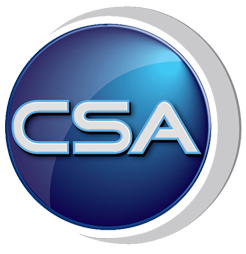

Leading provider of industrial waste management services in Victoria.
CSA Specialised Services
Head office: 7 Pascal Road, Seaford, VIC 3198 - Campbellfield Depot: 144 Northbourne Road, Campbellfield, VIC 3061
Industrial waste is a broad term that refers to materials that are no longer useful once a manufacturing process has been finished.
The broad category of industrial waste encompasses most waste types. Household waste accumulated at a waste facility, such as a transfer station or landfill, is also included.
Based on EPA waste classification, a subcategory of industrial waste is priority waste. It requires additional controls, such as a requirement to examine landfill alternatives.
The priority waste categories are:
The highest-level controls for addressing specific risks are found in reportable priority waste. Reportable priority waste is generally hazardous by nature. It is a subset of priority waste with the most stringent regulations.
This form of waste is the most dangerous to people's health and the environment. Additional regulations for this waste category include only allowing permitted vehicles to transport it and requiring waste to be tracked during transportation using EPA Waste Tracker.
We at CSA Specialised Services can service, manage, transport and dispose of solid and liquid industrial waste in hazardous and non-hazardous forms. All our vehicles are EPA permitted.
Below we have listed different types of industrial waste that we at CSA Specialised Services can safely remove and dispose of.